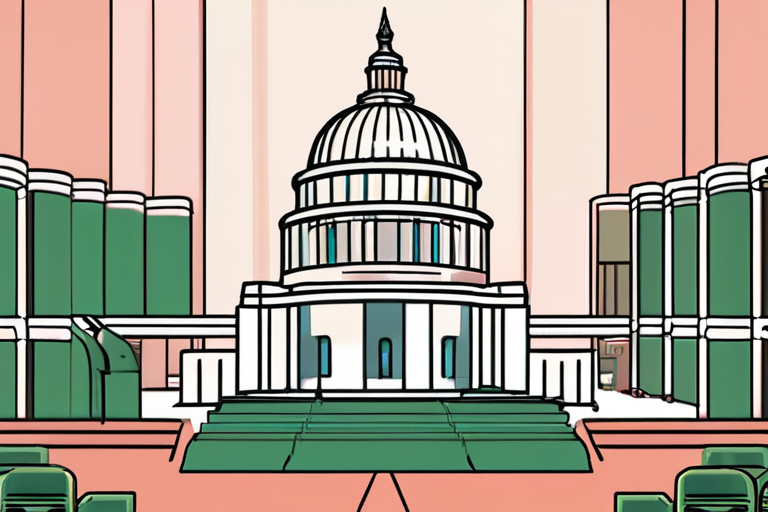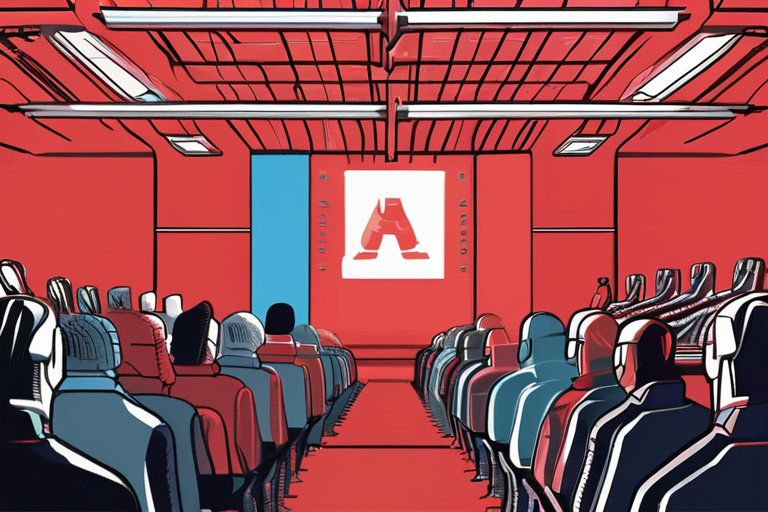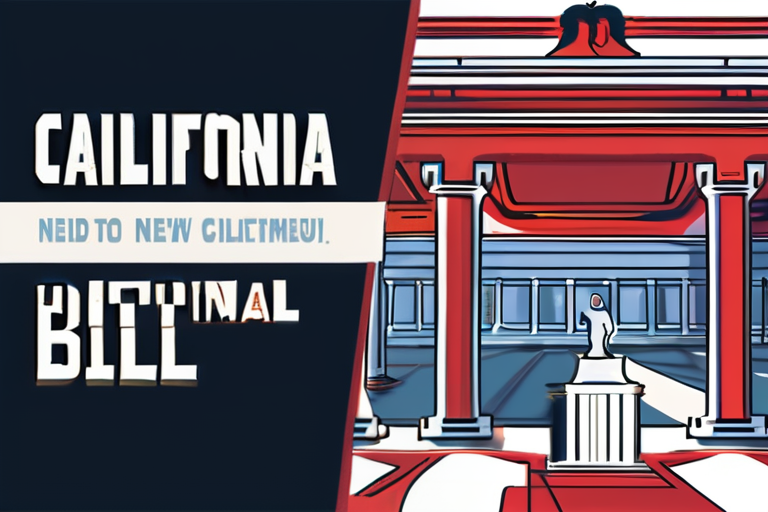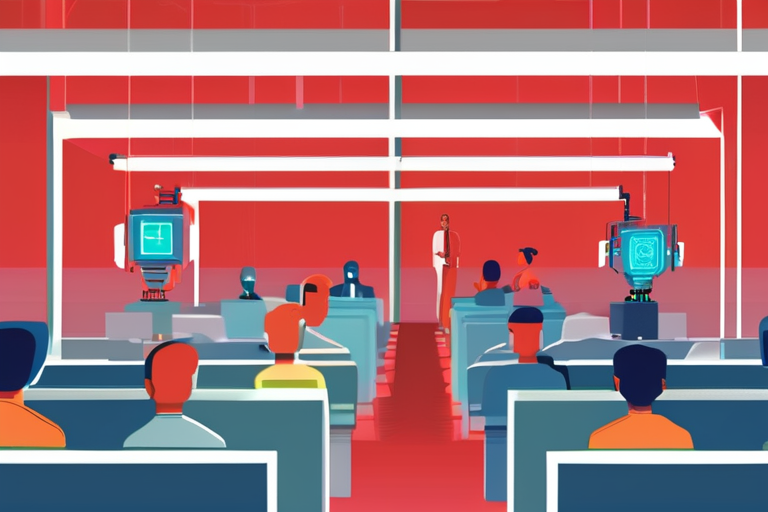A pro-AI super PAC backed by Andreessen Horowitz and OpenAI President Greg Brockman has chosen New York Assembly member Alex Bores and his congressional bid as its first target. The PAC, dubbed Leading the Future, formed in August with a more than 100 million commitment to support policymakers with a light-touch or a no-touch approach to AI regulation. And that means going after policymakers who want to regulate AI. The super PAC has backing from a number of other prominent leaders in tech, including Palantir co-founder and 8VC managing partner Joe Lonsdale as well as AI search engine Perplexity.
According to Bores, when the super PAC announced its intentions to spend millions against him, he saw it as an opportunity to engage with his constituents about the importance of AI regulation. "When they say, 'Hey, we're going to spend millions against Alex because he might regulate Big Tech and put basic guardrails on AI,' I just basically forward that to my constituents," Bores told a room of journalists Monday evening at a Journalism Workshop on AGI impacts and governance in Washington, D.C. Bores, who is running to represent the state's 12th Congressional District, said AI anxieties are on the rise among his constituents, who worry about everything from data centers pushing up utility bills and worsening climate change to chatbots and AI-powered job displacement.
The super PAC's stance on AI regulation is in line with the views of many in the tech industry, who argue that over-regulation could stifle innovation and hinder the development of beneficial AI technologies. However, critics argue that a lack of regulation could lead to the unchecked deployment of AI systems with potentially disastrous consequences, including exacerbating social inequalities and compromising national security.
The issue of AI regulation has been gaining traction in recent months, with several high-profile bills and proposals being introduced in the US Congress. New York's AI safety bill, which Bores sponsored, aims to establish a framework for the development and deployment of AI systems that prioritize human safety and well-being. The bill has been met with resistance from some in the tech industry, who argue that it would stifle innovation and hinder the development of beneficial AI technologies.
The super PAC's decision to target Bores and his congressional bid marks a significant escalation in the debate over AI regulation. As the 2024 elections approach, it remains to be seen how the issue of AI regulation will play out in the campaign trail. Bores, however, remains undeterred, saying that he is committed to pushing forward with his vision for AI regulation, even in the face of opposition from powerful tech interests.



























Share & Engage Share
Share this article